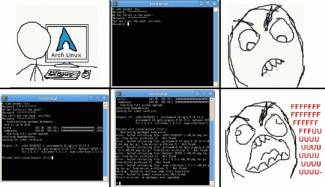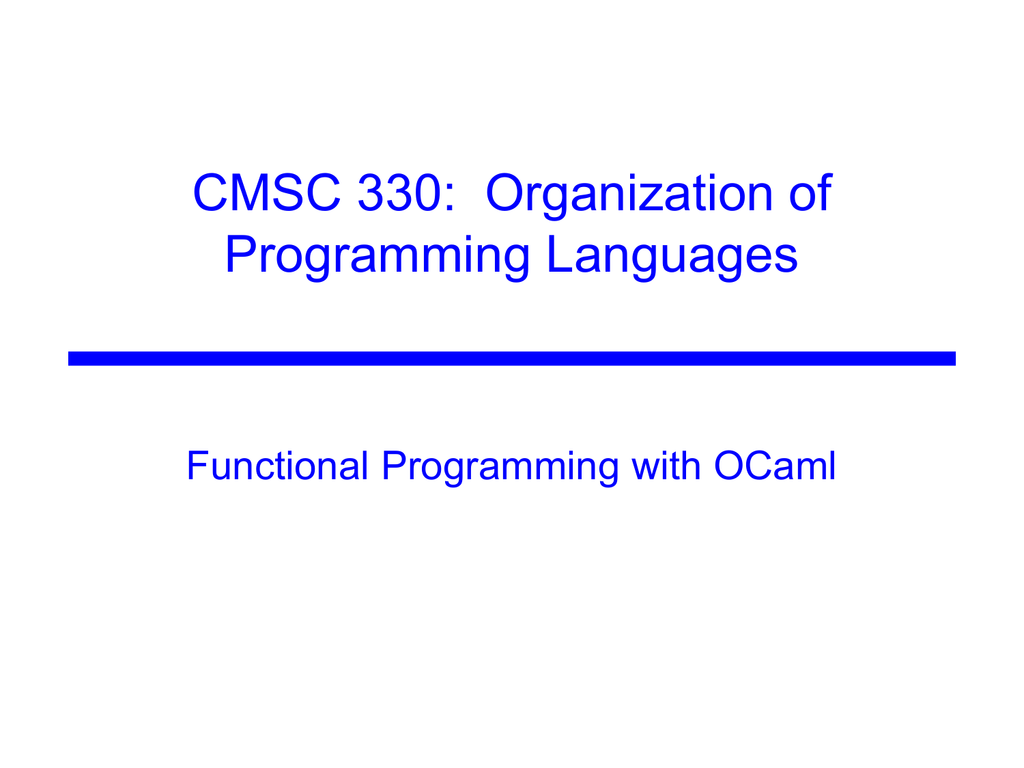
The primary way to access these systems is by using the SSH protocol to connect a local client directly to a server's SSH service. Please see: Interactive Access to CSE systems Command Line Interface (non-graphical)ĬSE maintains a variety of Linux, Solaris and FreeBSD systems, documented here. Use native file system mounts so that your CSE space appears as just another drive on your local computer. Depending on your Linux distribution, you may also have gftp installed on your system.
#Sudo apt get install sml nj install
UB provides Cisco an圜onnect VPN client download and install documentation for most major operating systems and devices. To enable access to secure CSE resources, you must install and run the UB Virtual Private Network (UBVPN) client. Most CSE resources are protected by firewalls that are configured to block most off-campus requests. What do you need to access resources remotely?Īny compute device that connects from off-campus is considered a “remote machine”.



Remote resources include file access, printer access, and interactive server log-on (both through a command line interface and graphically). It appears to be a race condition on termination.The Department of Computer Science and Engineering offers a variety of ways to access CSE resources remotely, from nearly any location in the world. On further investigation, I don't think the issue has anything to do with running Poly/ML immediately after a previous run has finished. Invalid configuration `arm64-apple-darwin21': machine `arm64-apple' not recognizedĪlthough this is on my Linux machine, configure should still work, and does if I change the option to -build=arm-apple-darwin21.Ī config.sub with a timestamp no earlier than looks like it would resolve this matter given [this update( a=commitdiff h=a9323950d2b2c799e8c0d71d27b6208cbc6b9b96). Which fails with the error checking build system type. With the latest MacPorts branch, I have tried. However, I am not able to control the path on the MacPorts builder. (There seems to be general agreement that uname -m reports arm64.) One comment suggests that the different results for the -p flag are due to the version of uname: macOS native uname (/usr/bin/uname) reports arm whereas coreutils uname reports arm64. I've seen some comments that uname -p can report either arm or arm64. The difference between these outputs is arm64-apple-darwin20 vs. configure -prefix=/opt/local -mandir=/opt/local/share/man -build=arm64-apple-darwin21 -enable-shared

config.sub arm64-apple-darwin21 failedĬommand failed: cd "/opt/local/var/macports/build/_opt_bblocal_var_buildworker_ports_build_ports_lang_polyml/polyml/work/polyml-5.9" &. Invalid configuration `arm64-apple-darwin21': machine `arm64-apple' not recognizedĬonfigure: error: /bin/sh. configure -prefix=/opt/local -mandir=/opt/local/share/man -build=arm64-apple-darwin20 -enable-sharedġ2.arm64 fails similarly with the following error from configure ( log, saved text log) checking build system type. config.sub arm64-apple-darwin20 failedĬommand failed: cd "/opt/local/var/macports/build/_opt_bblocal_var_buildworker_ports_build_ports_lang_polyml/polyml/work/polyml-5.9" &. Invalid configuration `arm64-apple-darwin20': machine `arm64-apple' not recognizedĬonfigure: error: /bin/sh. The builders for arm are 11.arm64 and 12.arm64.ġ1.arm64 fails with the following error from configure ( log, saved text log) checking build system type. The status of the MacPorts builds for Poly/ML can be seen at and, at the time of writing this issue, the builds on are for Poly/ML 5.9. The MacPorts builders for arm platforms are failing at the configure stage.


 0 kommentar(er)
0 kommentar(er)
